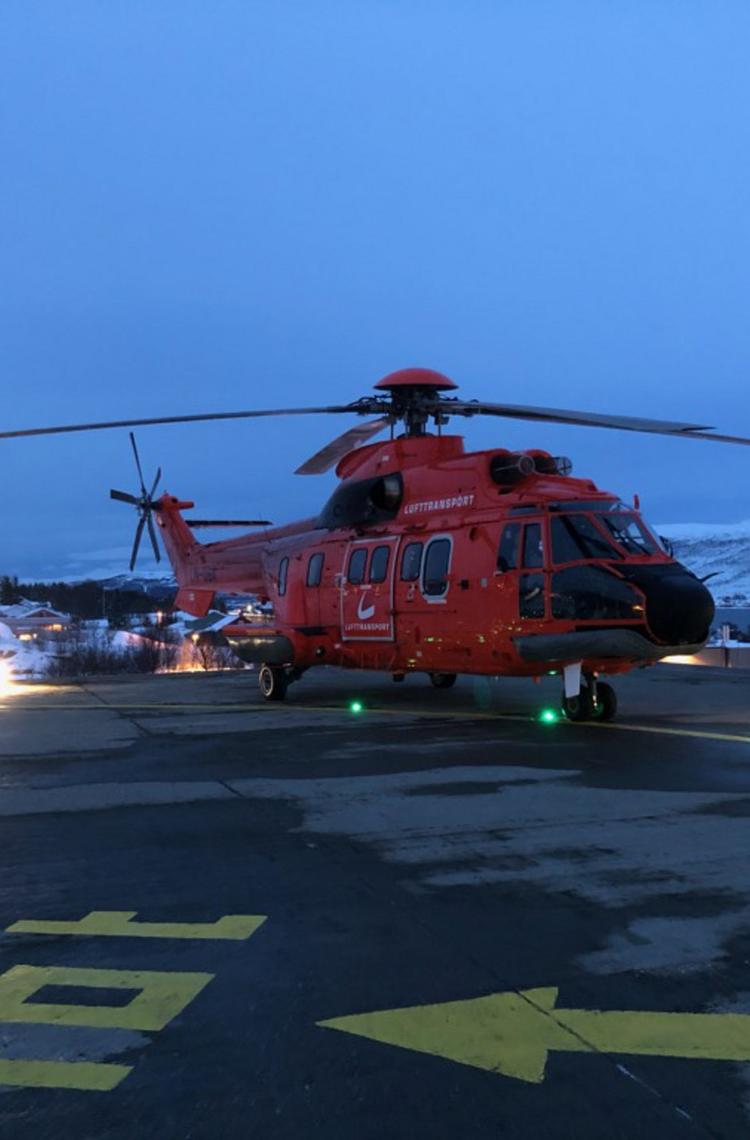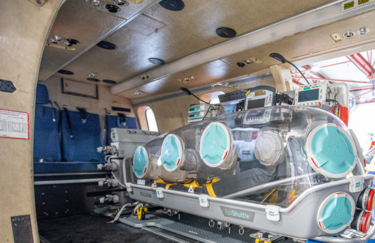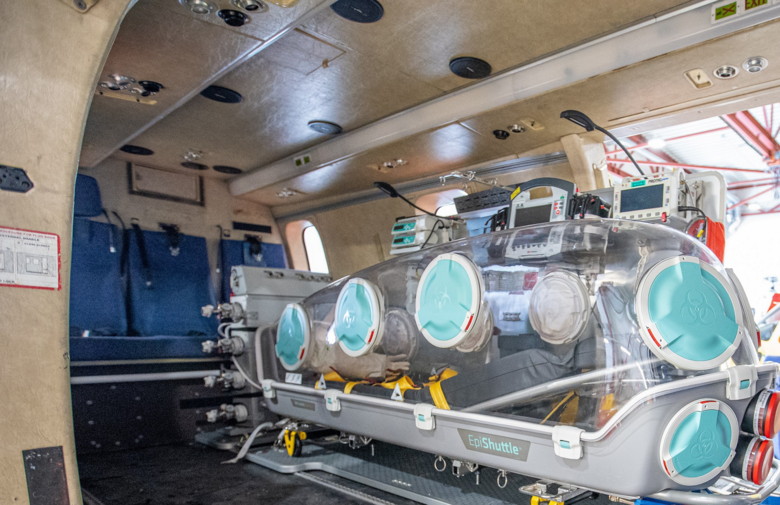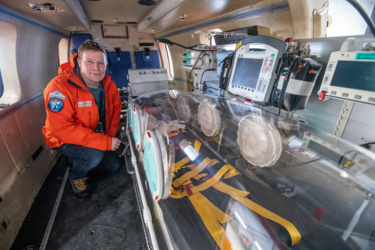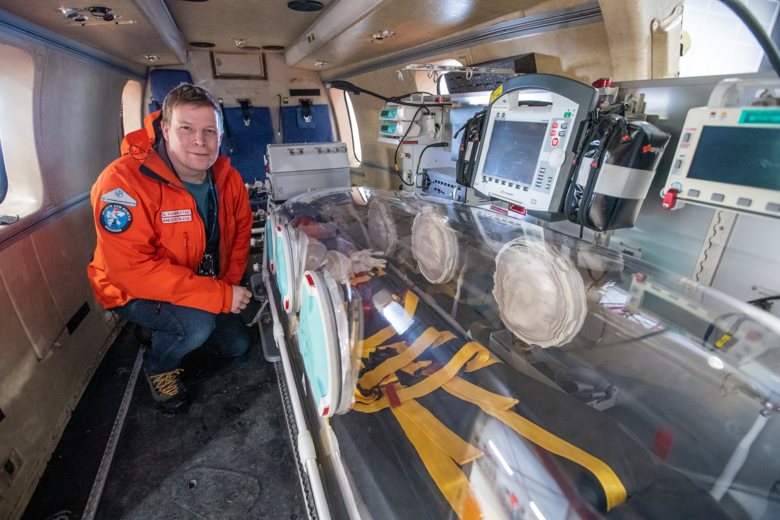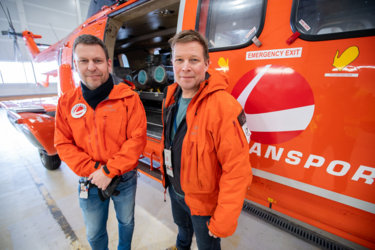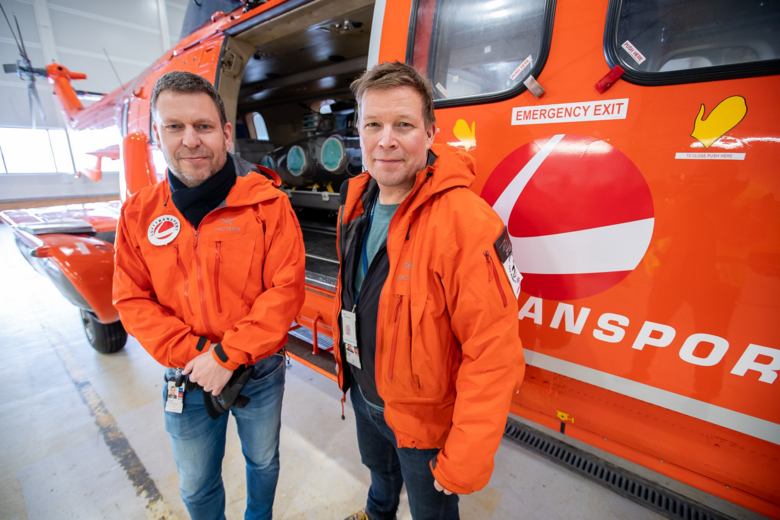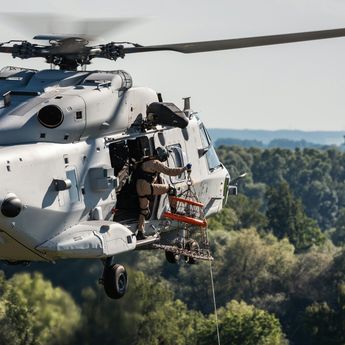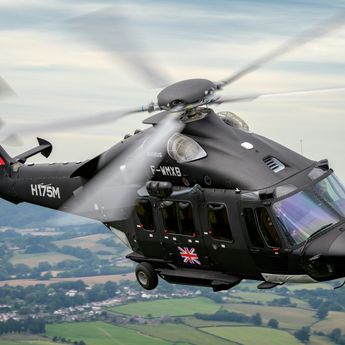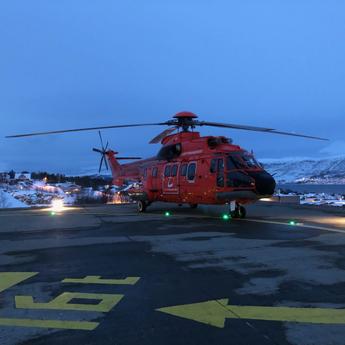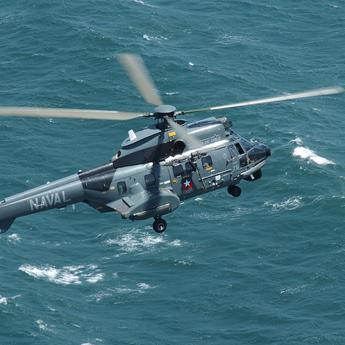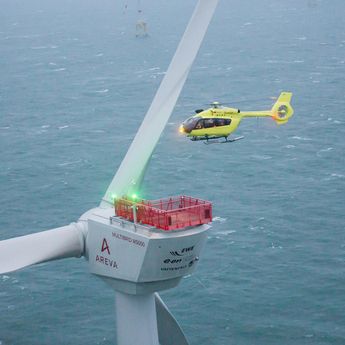Article: Kieran Daly
Images: Lufttransport
In Norway, Super Puma helicopter operator Lufttransport reacted fast to an urgent request from Norwegian Air Ambulance Services (Luftambulansetjenesten) to provide a solution to the challenge of transporting COVID-19 victims to hospital in the north of the country.
Luftambulansetjenesten, like other such services, has turned to the EpiShuttle isolation and transportation system from EpiGuard of Oslo to carry patients to hospital without risk of contamination of vehicles and staff. But the system is too big to use in the small fixed-wing aircraft operated on EMS flights from short runways in the north of Norway.
Lufttransport had an AS332 L1 Super Puma undergoing overhaul at the Stavanger facility of Heli One. Luftransport COO Kjetil Indrevik says: “In the north we have 2 metres of snow and it is still snowing so this Super Puma was just what was needed. It wasn’t exactly in a thousand pieces but it needed a lot of work doing and Heli One did a great job in getting it ready and then we flew it to our base in Tromsø.”
In the north we have 2 metres of snow and it is still snowing so this Super Puma was just what was needed. It wasn’t exactly in a thousand pieces but it needed a lot of work doing and Heli One did a great job in getting it ready and then we flew it to our base in Tromsø.
- Luftransport COO, Kjetil Indrevik
EpiShuttle installed in Super Puma
The aircraft had most recently been in service with the Icelandic Coast Guard and an EMS interior from Air Ambulance Technology of Austria had to be rapidly installed, tested and certified with the Epishuttle. Just nine days after the initial request, the Super Puma was in service at Tromsø where it is used to fly remotely located patients to the University Hospital of Northern Norway (UNN). Two Lufttransport pilots, and one technician operate the aircraft with typically one doctor and two paramedics from UNN caring for the patient in the EpiShuttle capsule.
Dr Rannestad inspects the EpiShuttle installation
Indrevik says: “Normally they fly SAR missions at Svalbard, and some of our pilots have been operating in this area for about 20 years, as HEMS pilots and they know every mountain. They are comfortable with flying COVID-19 patients partly because they have a lot of confidence in the EpiShuttle but also because the Super Puma air conditioning system flows the air backwards in the cabin so that it is taken away from the crew area. That, together with good procedures in case of contamination, is sure to keep the whole crew safe.”
Lufttransport CEO Frank Wilhelmsen and UNN Doctor Bård Rannestad
